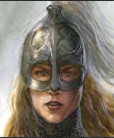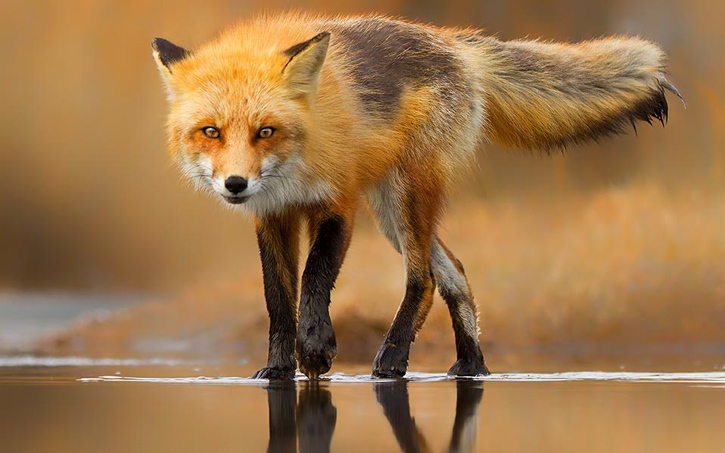Forum
Welcome Guest |
|
|---|---|
 Author Author |
Topic: |
|---|
| tarcolan |
|
||||||||
| Hercynian |
|
||||||||
| Elthir |
|
||||||||
| Hercynian |
|
||||||||
| Elthir |
|
||||||||
| Hercynian |
|
||||||||
| Elthir |
|
||||||||
| Hercynian |
|
||||||||
| pv |
|
||||||||
| Elthir |
|
||||||||
| tarcolan |
|
||||||||
| cirdaneth |
|
||||||||
| Hercynian |
|
||||||||
| Nordor |
|
||||||||
| Hercynian |
|
||||||||
| pv |
|
||||||||
| Bartimaeus |
|
||||||||
| Hercynian |
|
||||||||
| cirdaneth |
|
||||||||
| Elthir |
|
||||||||
| tarcolan |
|
||||||||
| Elthir |
|
||||||||
| pv |
|
||||||||
| Members Online |









 The evolution of Tolkien's Quendi and Eldar
The evolution of Tolkien's Quendi and Eldar




